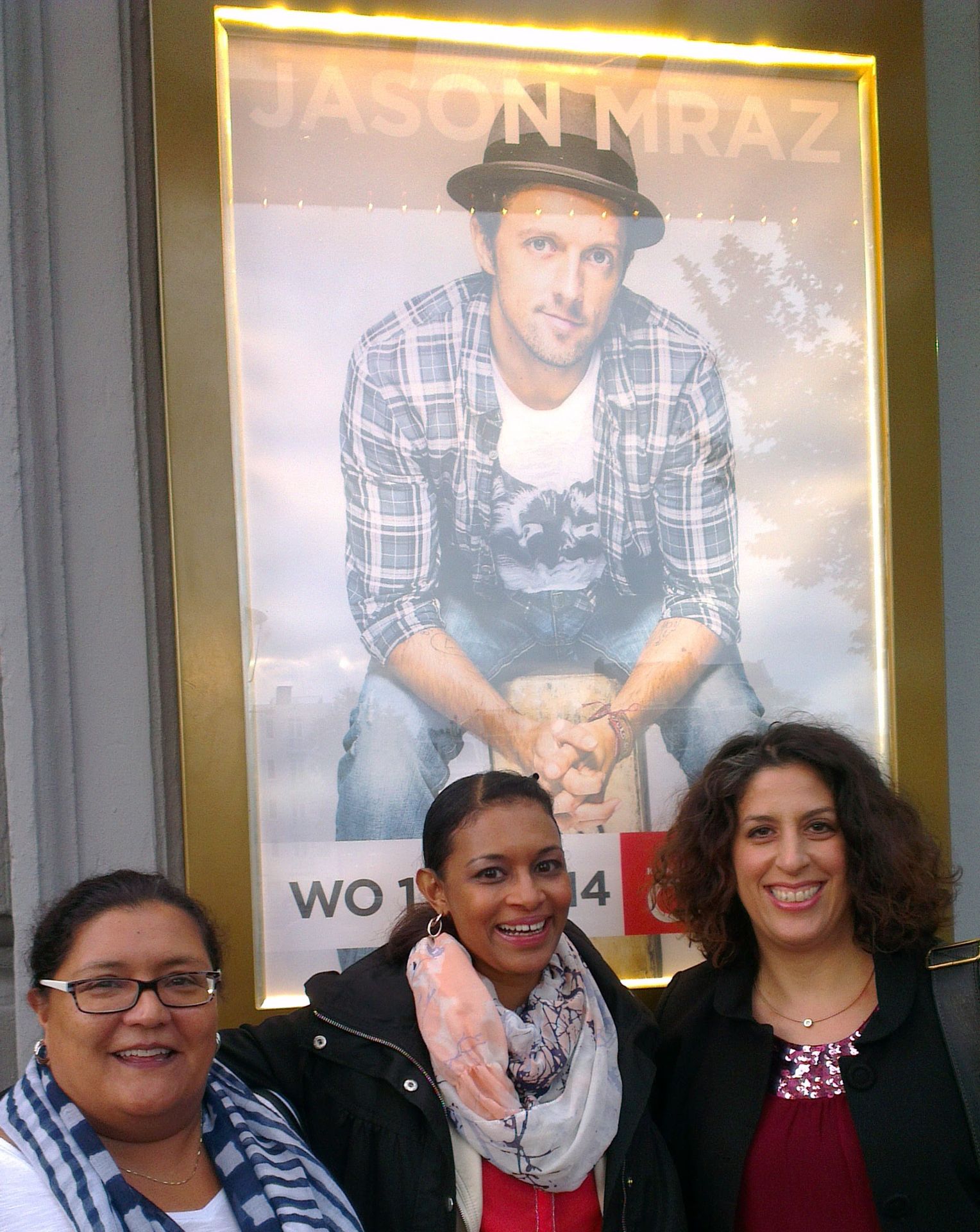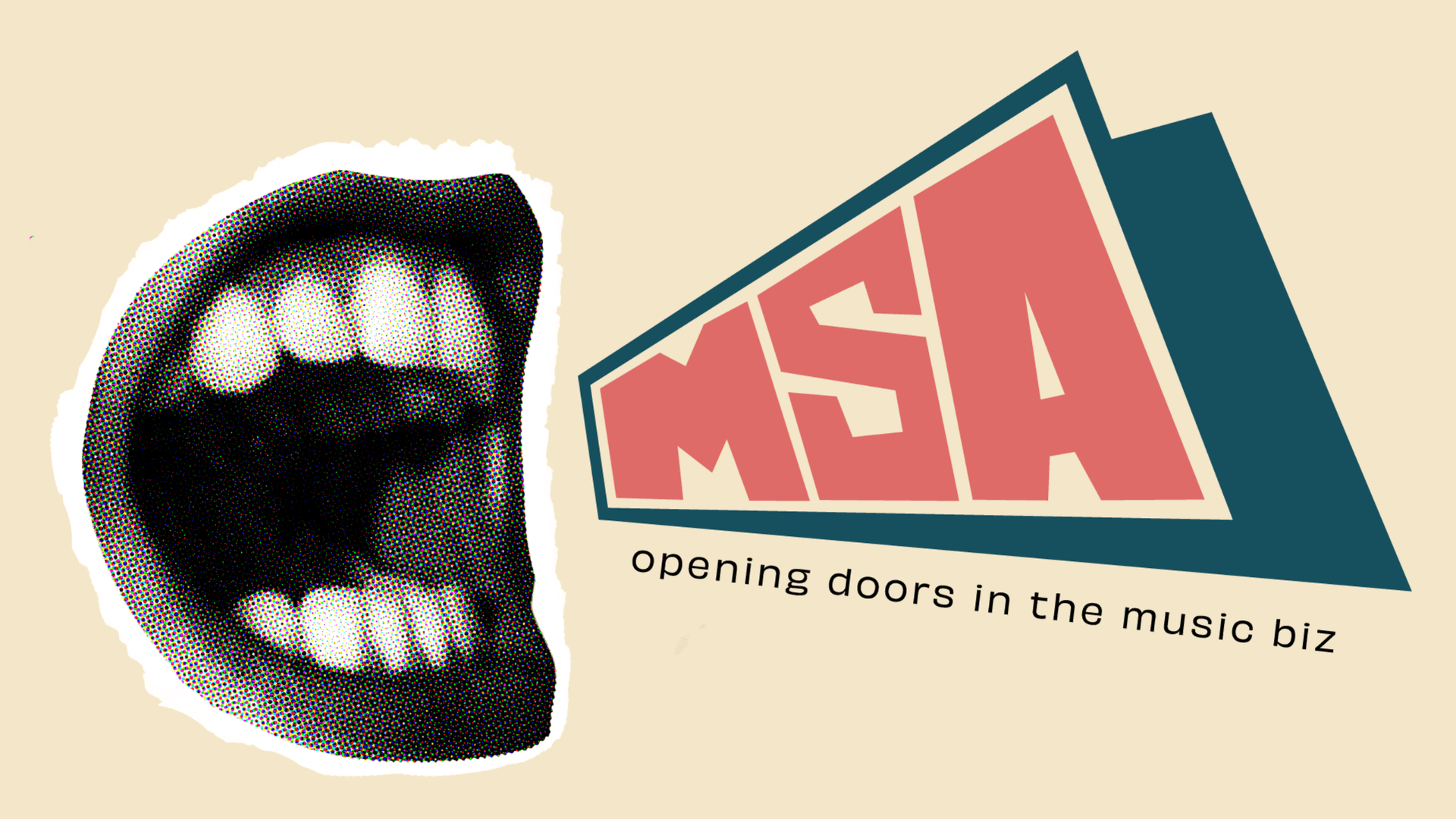Why income tracking might be the most fun you can have in the music biz (and why everyone should take it seriously – and maybe even love it.)
When people say they want to work in the “cool” side of the music industry, they usually mean A&R, management, the live sector, for example. They want to be close to artists. They want to spot the next big thing. But I’ve always thought there’s another part of the business that’s equally compelling and often more rewarding, and I am not the only one.
Finding the money

Between 2007 and 2017, I was working as Relationship Manager for global music publishing administration company, Fintage House, responsible for a prestigious client roster, including the Downtown Music Publishing catalogue, Tori Amos, The Frank Zappa Estate, Hasbro, Duran Duran, WWF and many more artist, band and film & TV publishing catalogues. Our focus on finding our clients' royalties due to them was a key factor in our great track record of client retention, and it has been a significant factor in how I have maintained strong relationships with so many of my clients from then, some of whom are my partners today.

Between 2008 and 2010, one of my priorities was tracking publishing royalties for “I’m Yours” by Jason Mraz. The song became a global hit – charting in over 20 countries, going 13× platinum in the US, and setting a then record for the longest run on the Billboard Hot 100 (76 weeks).
Hits generate royalties, but those royalties don’t always arrive automatically or correctly. You have to go and find them.

Before tech: Spreadsheets, setlists and chasing societies
I chased royalties across dozens of territories. I cross-checked chart positions, sales data, setlists, syncs, ringtone reports, and society statements which were often inconsistent, late, or incomplete. There were no real dashboards. No AI. Just spreadsheets, instinct, and a lot of persistence.
I even earned a nickname at the French collection society, SACEM, for constantly resending my unanswered emails with “ANY NEWS PLEASE” in the subject line. They called me Mandy “any news please?” Aubry. I took it on the chin.
In those days I would write to a society with an income query and then wait. One week. Two weeks. Three. When a reply finally came it was often another question or a request for more data. I would send what they needed and the waiting would start again. Multiply that across territories and you begin to see how frustrating it became.
At the end of the album cycle, I voluntarily compiled a full report showing what was found, what was missing, and how it all came together. Maybe it was my way of closing a two-year challenge or even an obsession. I’d learned so much about how global royalties are generated, tracked, and claimed. And finding all that money was genuinely rewarding.
Read the full (redacted) report here.
It suited my personality. Client-focused, detail-oriented, patient and determined. The kind of work that requires structure, instinct, and tenacity in equal measure.
People think the “cool” jobs in music are the ones closest to artists. But I’ve always thought the coolest part is helping artists and rightsholders make enough money to keep going. That’s what makes income tracking so satisfying.

It’s about asking the right questions
The key to income tracking is knowing what questions to ask and tying those questions to real, provable usage. That means identifying where a song has been used, understanding how it should have generated income, and being able to verify and justify the claim.
When I was tracking income for I’m Yours, the process was almost entirely manual. Even when we had data, we relied on Excel, persistence, and direct relationships with collection societies. You had to understand the system and how to navigate it. Half the time, even knowing what was due felt like a piss in the wind.
That part still matters. But things have changed.
With the right technology, especially AI, there is now more opportunity to track income more accurately, more consistently, and in a way that reflects what has actually been used. And it gets you paid what is due.
Now: working with Claimy

From the first moment I heard what Claimy was doing, I was genuinely excited and I’m not the only experienced income tracker who has felt a rush of excitement when hearing first about the company. Their Co-Founder, Pierre-Alban Mulliez, described what felt like the missing piece of the puzzle. Claimy is on the same quest I was on back in 2008 when I was manually tracking the income for "I’m Yours". The scale is different now, and the tools are sharper, but the goal is the same – to ask the right questions and get people paid properly.
I knew then that I wanted to be part of it.
I’m glad to say I now work with Claimy as an ambassador, helping more people understand why this part of the business matters.
Because it does matter. And with the right support, income tracking is no longer a back-office burden. It’s a central part of how creators and rightsholders stay in control and get paid.

About Claimy:
Claimy is the first AI-powered music rights administration engine. It maximises catalogue value for creators and rightholders by automatically identifying missing rights and initiating claims to recover them. Using AI and large data models, it centralises consumption data from major distribution channels and territories, and forecasts revenue in real time. This gives publishers and labels unique insights into their business.
This startup is part of Challenges' 2025 "100 startups to invest in" selection:
Claimy: Scanning songs to enforce copyright

You might also find my blog on music recognition technologies useful, especially if you’re thinking about accuracy, tracking, or how to build something fairer and more joined-up across the industry.
Read: Towards a Syndicate of Music Recognition Technologies

